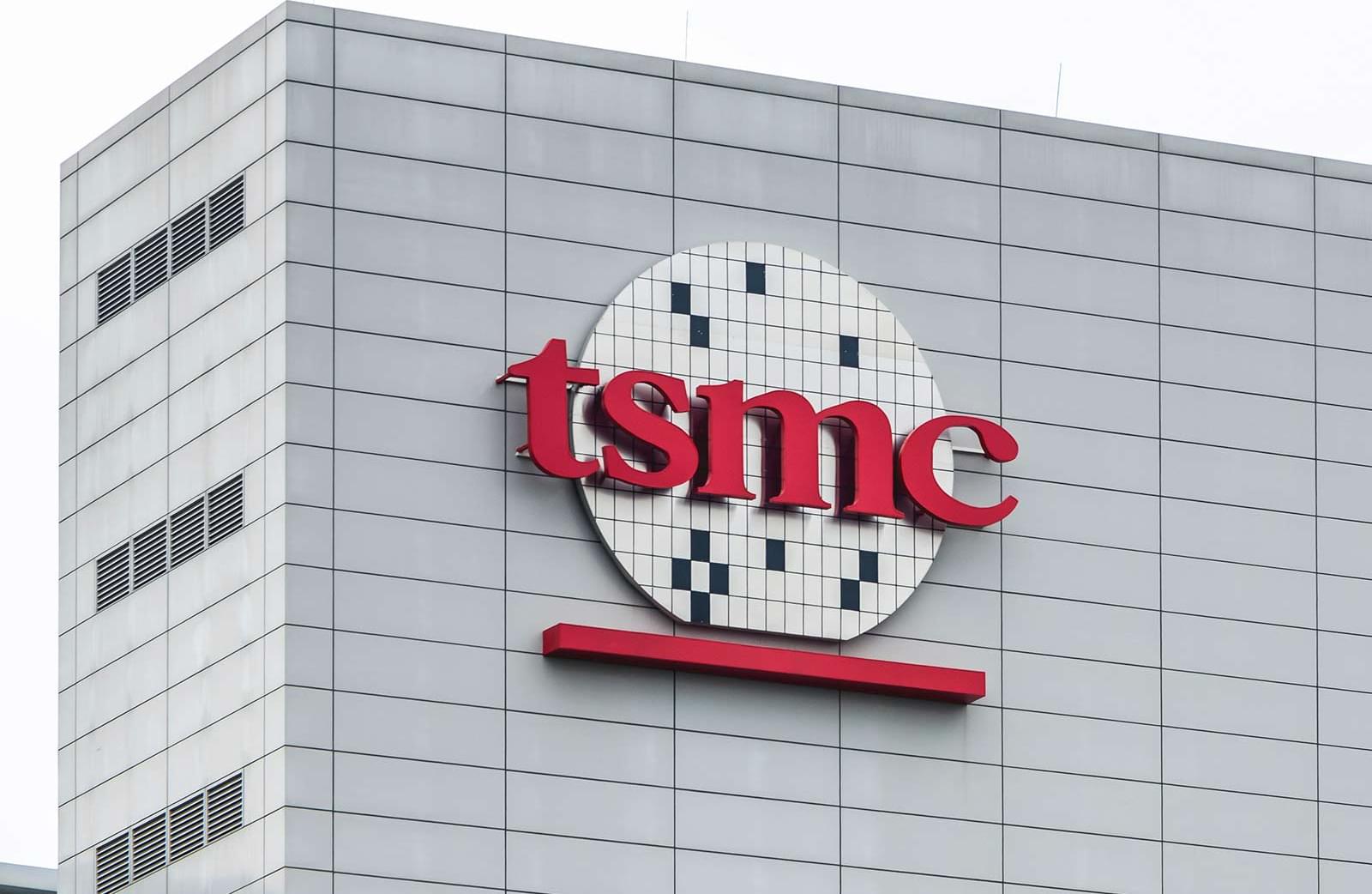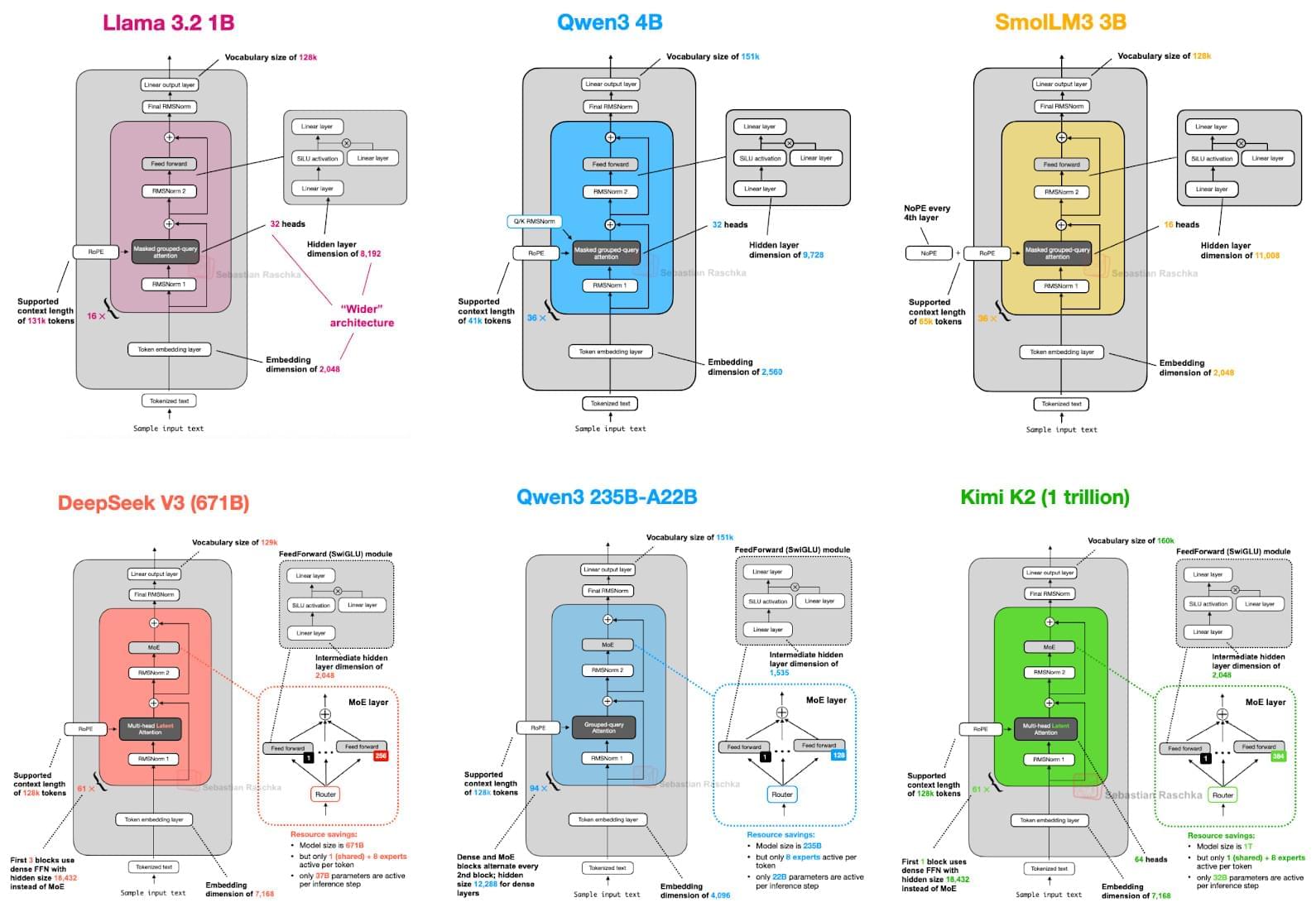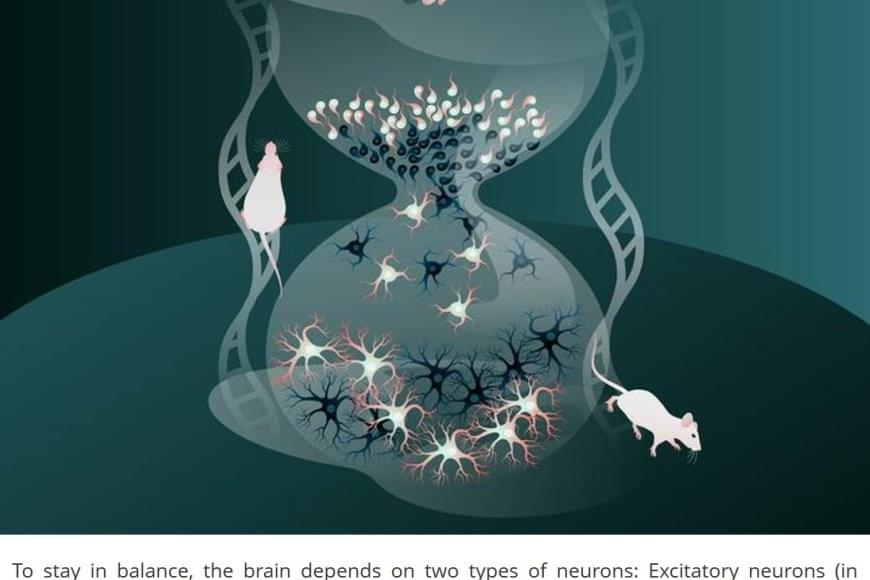Onerous permitting rules are holding back Trump’s ambitions for energy dominance, Toby Rice says



A robot trained on videos of surgeries performed a lengthy phase of a gallbladder removal without human help. The robot operated for the first time on a lifelike patient, and during the operation, responded to and learned from voice commands from the team—like a novice surgeon working with a mentor.
The robot performed unflappably across trials and with the expertise of a skilled human surgeon, even during unexpected scenarios typical in real-life medical emergencies.
The work, led by Johns Hopkins University researchers, is a transformative advancement in surgical robotics, where robots can perform with both mechanical precision and human-like adaptability and understanding.

Going forward, AI has the potential to help balance needs across regions, ensuring care delivery doesn’t compromise chronic or long-term care in the face of emergencies.
Ethical Considerations And Systemic Impact
While AI holds significant promise in healthcare, its implementation must be approached thoughtfully. Challenges such as bias in training data, lack of interoperability and concerns around patient consent and data privacy (particularly under HIPAA) need to be proactively addressed. Effective deployment of AI requires close collaboration between policymakers, clinicians and technologists to establish standards that ensure equitable and inclusive outcomes.


Last month, Japanese startup foundry Rapidus began prototyping 2-nanometer gate-all-around (GAA) transistors at its new facility, a key step toward ramping up its first production in 2027.
The foundry, which aims to compete with TSMC and Samsung in leading-edge chips for AI, said in a press statement that in about three years, it has reached target milestones, including the fab groundbreaking in September 2023, clean room completion in 2024, and, in June this year, the installation of production equipment.
Rapidus and TSMC are two chipmakers that the Japanese government is relying on to revive the nation’s declining semiconductor industry. Rapidus, if successful, will make leading-edge 2-nm chips for companies like IBM. TSMC is producing 12-to 28-nanometer chips for image sensors and automotive applications at its base in Kumamoto, Japan.


Tesla, led by its innovative and dynamic leadership, is poised for massive growth and has surpassed Apple, which has lost its edge due to poor management and a lack of innovation, in areas such as autonomous vehicles and tech innovation.
Questions to inspire discussion.
Tesla’s Innovation Strategy.
🚀 Q: How does Tesla’s vertical integration contribute to its innovation? A: Tesla’s vertical integration enables it to control the entire product stack, from raw materials to software and service, allowing for tight feedback loops, cost reduction, and rapid iteration in product development.

In the study, the researchers also explored how the accelerated maturation of later-born inhibitory neurons is regulated. They identified specific genes involved in this process and uncovered how they control when and to what extent a cell reads and uses different parts of its genetic code. They found that the faster development of later-born inhibitory neurons turns out to be linked to changes in the developmental potential of the precursor cells that generate them—changes which are, in turn, triggered by a reorganization of the so-called ‘chromatin landscape.’
In simple terms, this means that cells adjust the accessibility of certain regions of DNA in the cell nucleus, making key instructions on how and when to develop more readable.
The human brain is made up of billions of nerve cells, or neurons, that communicate with each other in vast, interconnected networks. For the brain to function reliably, there needs to be a fine balance between two types of signals: Excitatory neurons that pass on information and increase activity, and inhibitory neurons that limit activity and prevent other neurons from becoming too active or firing out of control. This balance between excitation and inhibition is essential for a healthy, stable brain.
Inhibitory neurons are generated during brain development through the division of progenitor cells – immature cells not yet specialized but already on the path to becoming neurons. The new study uncovered a surprising feature of brain development based on findings in mice: During this essential process, cells born later in development mature much more quickly than those produced earlier.
“This faster growth helps later-born neurons catch up to those produced earlier, so that by the time all these neurons are incorporated into neural networks, they are at a similar stage of development,” said a research group leader. “This is important, as otherwise, earlier-born neurons—having had more time to form connections—could end up with far more synaptic links than those created later. Without this adjustment, the network could be thrown off balance, and individual cells would have too many or too few connections.”